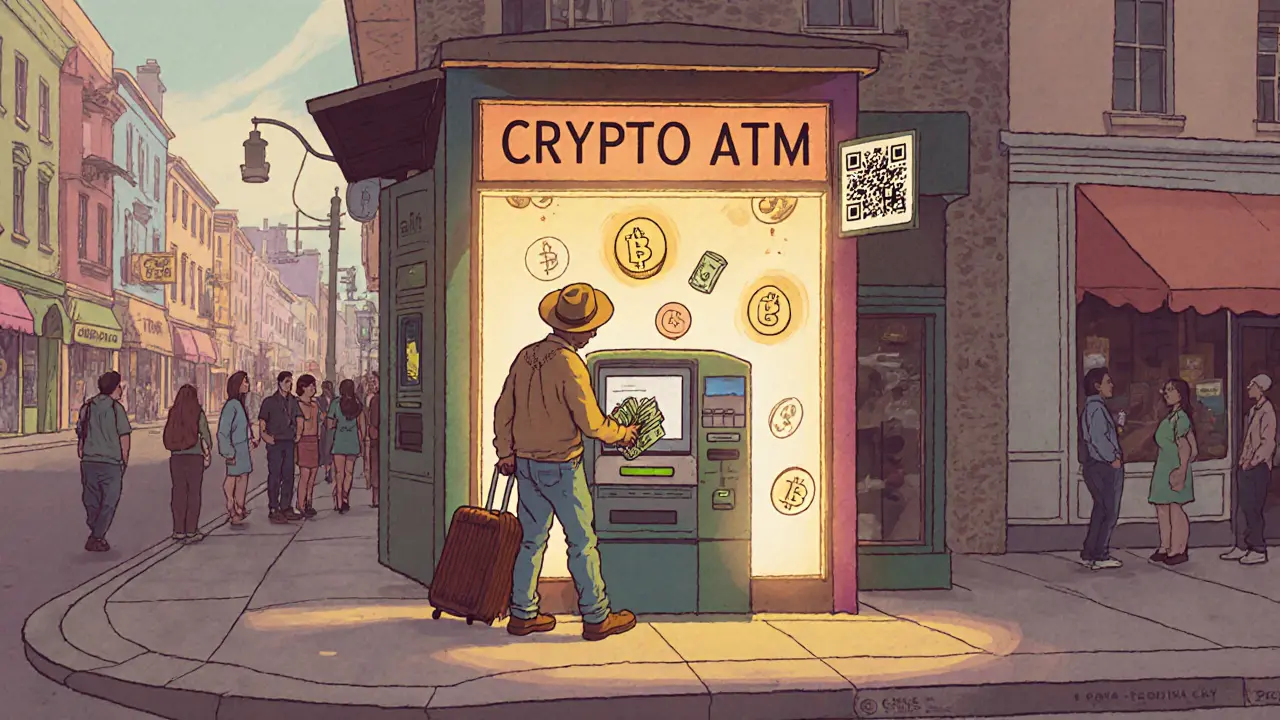FinCEN Crypto Regulations: What You Need to Know About U.S. Crypto Compliance
When you trade, send, or mine cryptocurrency in the U.S., you’re under the watch of the FinCEN, the Financial Crimes Enforcement Network, a bureau of the U.S. Department of the Treasury that enforces anti-money laundering laws. Also known as the Financial Crimes Enforcement Network, it doesn’t create crypto laws—but it enforces them, and its rules hit exchanges, wallet providers, and even individual traders hard. If you’re using crypto and don’t know what FinCEN expects, you could be accidentally breaking federal law.
FinCEN’s main focus is AML, anti-money laundering, a set of rules designed to stop criminals from hiding illegal cash through financial systems. For crypto, that means exchanges must verify who you are (KYC), track every transaction over $10,000, and report suspicious activity. But it’s not just exchanges. If you run a crypto business—even a small one—you might need to register as a Money Services Business (MSB) with FinCEN. Miss that step, and you’re operating illegally, even if your coin is legitimate.
FinCEN also tracks cryptocurrency reporting, the process of filing forms like the FinCEN Form 114 (FBAR) or Form 8300 when crypto transactions cross certain thresholds. That’s why some users get flagged for sending $15,000 in ETH to a friend—even if it’s a gift. The system doesn’t care about intent; it cares about volume. And with blockchain analytics tools like Elliptic and Chainalysis feeding data to FinCEN, there’s no hiding where your coins came from.
You’ll see this play out in the posts below. Some cover scams that exploit confusion around FinCEN rules—like fake airdrops pretending to be government-backed. Others explain how countries like Japan and Malta built clearer systems, while Venezuela dodged sanctions using crypto in ways FinCEN would never allow. There are guides on reporting fraud, how exchanges comply, and why some tokens vanish overnight because they never met basic reporting standards.
FinCEN doesn’t ban crypto. But it demands transparency. If you’re trading, staking, or running a node in the U.S., you’re part of the system. Know the rules—or risk getting caught in the net.

